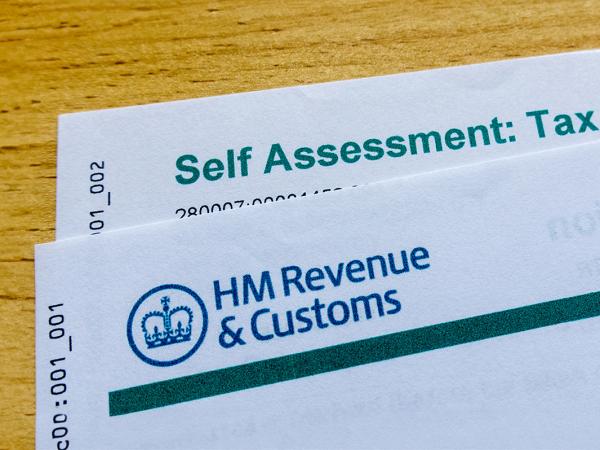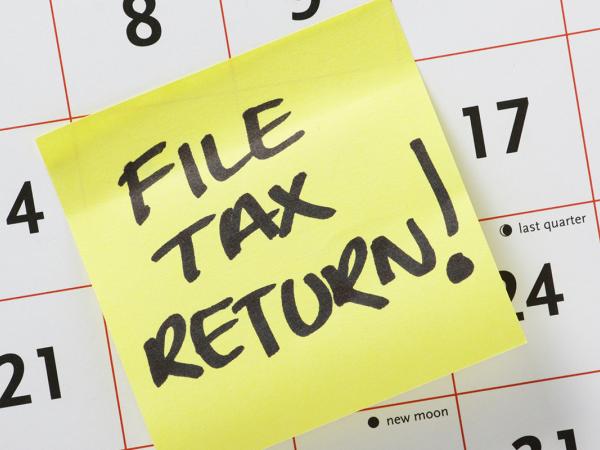Tax: HMRC determinations of tax liability
If you were required to submit tax returns to HMRC but you did not do so, HMRC may eventually send you a ‘determination’ of the tax they think you owe.

Content on this page:
What a determination is
When HMRC estimate the tax they think you owe by sending a ‘determination’, they will use what they do know about you – perhaps from previous tax returns, or from other data they have received from third parties – to calculate the tax estimate for the relevant tax year(s).
You will then either have to pay this or take action, as we explain below.
Deadlines
If HMRC send you a determination, they must do so before the third anniversary of the date the return was originally due to be filed.
If HMRC issue a determination
Even though a determination is an estimated amount, the tax shown by the determination is a legally enforceable debt, unless you submit the outstanding tax return to displace the determination. The outstanding tax return must be submitted within:
- 12 months of the date of the determination, or
- three years from the filing date of the outstanding return to which the determination relates (if later).
You should therefore submit the outstanding return as soon as possible after receiving the determination. The amount owed on that tax return will then replace the amount of the determination. If the tax return shows that you do not owe any tax once it is completed, provided it is submitted to HMRC within the above timeframe the estimated tax shown by the determination will be cancelled.
If you miss the deadline for submitting the return
If you miss the deadline for submitting your return after receiving the determination, then the determination stands unless HMRC agree a claim you might make for ‘special relief’. This is an option of last resort and HMRC are not obliged to accept a special relief claim. For more on this claim, see the detailed information provided by the tax charity, TaxAid.



